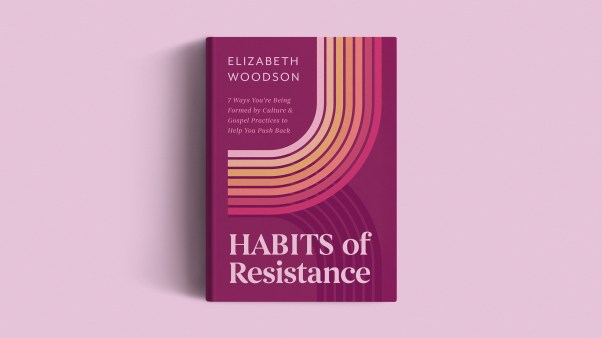Not that long ago, many universities operated in loco parentis—literally “in place of the parent.” Colleges set boundaries of student conduct that were meant to instill character and bar immoral behavior. Today, in a culture that glorifies individual freedom, many faith-based colleges keep the spirit of in loco parentis alive, and actual Christian parents are grateful for it.
At the Christian college I attended, though, the emphasis was a bit different. Drawing from Galatians 5 as well as its Reformed heritage, Calvin College leaders talked about “responsible freedom.” They believed that a Christ-centered college exists to help students love the Lord with mind, soul, and strength—but that students had to own their own development. We wouldn’t be spoon-fed safe ideas; we would be given tools to discern which ideas and behaviors are true, noble, right, and pure (Phil. 4:8), and to live accordingly.
I see parallels here to the work of Christianity Today. We want to equip our readers to live responsibly and freely under the lordship of Christ. Sometimes this will mean setting clear boundaries of theology and ethics. But many times it will mean presenting readers with the facts, then letting them discern.
Our cover story (p. 30) is a good example of this journalistic, and spiritual, principle. It’s a clear, charitable, yet at times critical look at Bethel, an influential charismatic church in Northern California. Some readers will want us to tell them what to think about Bethel—whether it’s wholly good or wholly bad. Yet the on-the-ground truth is more complicated—and makes for a more interesting read.
Complicated is also a fitting word for the story of Saeed Abedini, the Iranian American pastor whom we interview on page 38. Abedini was jailed for three-plus years in Iran and released this January, but not before facing abuse allegations from his greatest campaigner: his wife. Some readers won’t like that we question Saeed’s conduct. Other readers won’t like that we spoke to him at all. As the Abedinis’ story continues to unfold, we offer a clear-eyed conversation with Saeed—and trust our readers to draw their own careful conclusions.
Such a “hands-off” approach doesn’t mean we editors don’t have strong beliefs about abuse, or charismatic excesses, or any number of pressing issues. For example, our editorial (p. 23) draws a solid line in the sand on presidents’ leadership styles. And we pick topics we think are important, such as eviction (p. 53) and apologetic tools (p. 44). That said, we want our readers to own their own discernment and development as they read every issue of CT. We hope this one is a fruitful exercise in responsible freedom.
Follow Katelyn Beaty on Twitter @KatelynBeaty.









